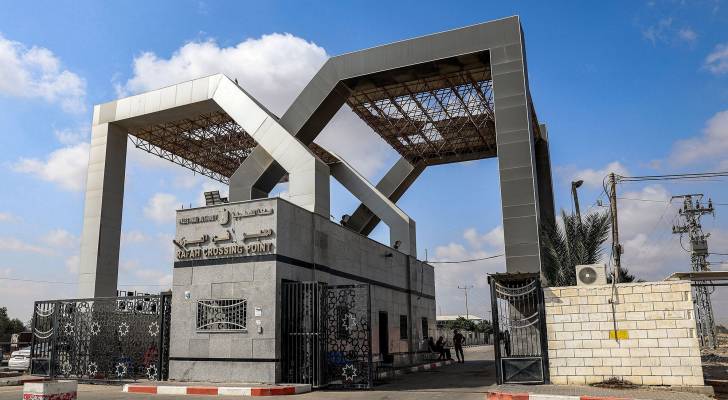'Israel' to keep Rafah crossing closed, demands Hamas intensify return of soldiers’ bodies
The 'Israeli' government has decided to keep the Rafah border crossing closed indefinitely, conditioning its reopening on Hamas intensifying efforts to return the bodies of 'Israeli' soldiers held in Gaza, according to Hebrew media reports on Thursday.
The decision comes amid growing political tensions within 'Israel’s' ruling coalition and mounting pressure from far-right parties, which have urged the government to adopt a tougher stance toward Hamas and link any humanitarian steps to concrete concessions.
According to the reports, the move follows weeks of pressure from right-wing ministers who demanded that Prime Minister Benjamin Netanyahu halt any “goodwill gestures” toward Hamas unless tangible progress is made on the recovery of the soldiers’ remains. Analysts suggest that the decision aims to appease hard-line factions within the government, who accuse Netanyahu of being “too lenient” in his dealings with the group.
The Rafah crossing, which connects Gaza with Egypt, serves as a vital humanitarian lifeline for Palestinians in the enclave, facilitating travel, medical evacuations, and the import of essential goods. However, 'Israel' has repeatedly used control over the crossing as a political and security tool linked to negotiations over prisoners and ceasefire arrangements.
At the same time, 'Israel’s' political scene is consumed by a heated debate over a proposed bill to annex parts of the occupied West Bank, a move that has triggered divisions within the governing coalition.
Hebrew radio reports indicate that Netanyahu’s office has expressed concern that advancing the annexation law “at this stage could spark a crisis with US President Donald Trump,” given the sensitivity of ties with Washington amid ongoing regional instability.
While right-wing leaders and settler representatives argue that “now is the ideal time to move forward with annexation,” Netanyahu’s advisers are urging restraint, warning that any unilateral action could strain relations with the US administration and derail efforts to maintain a fragile ceasefire in Gaza.




